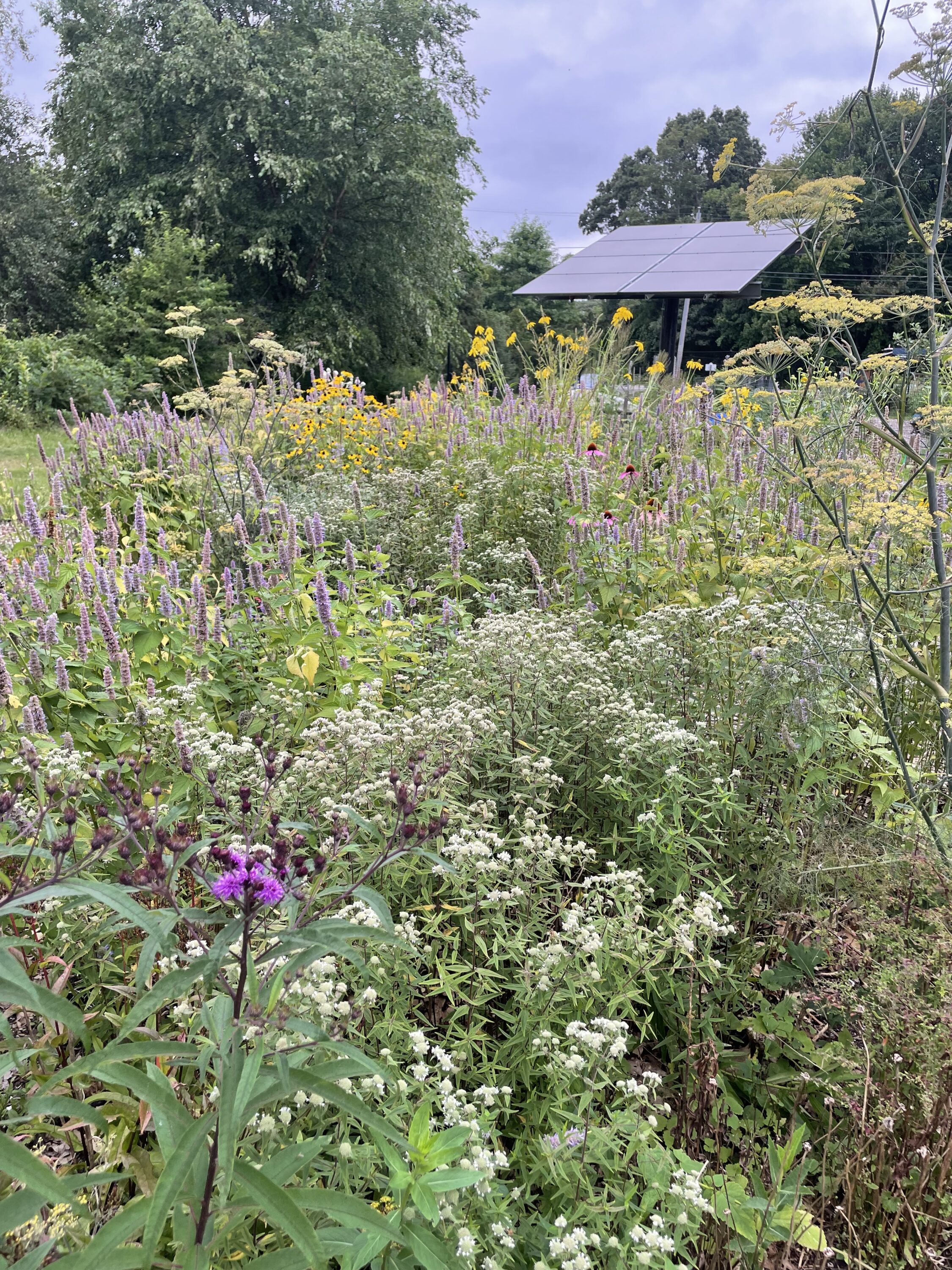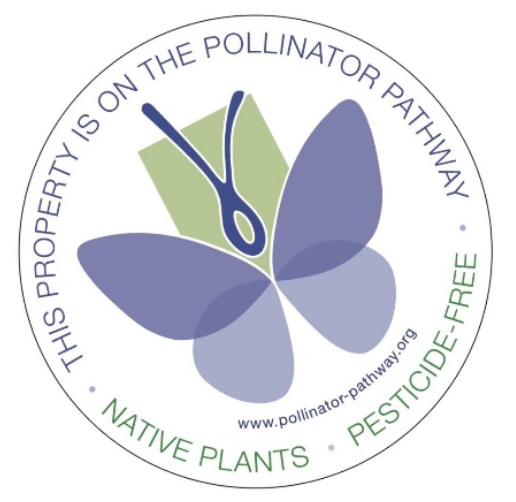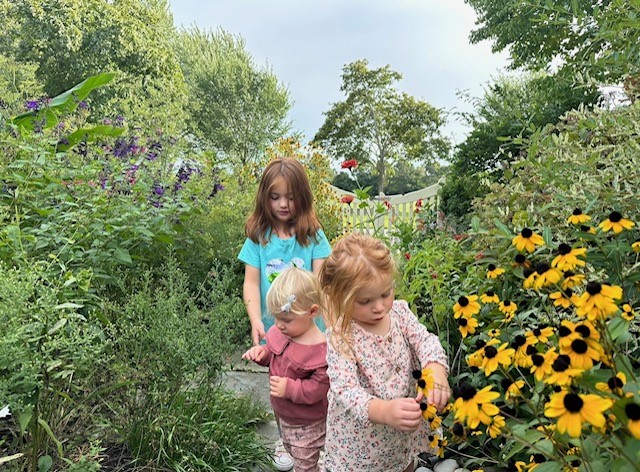 The Barrington Pollinator Pathway, an initiative of the Barrington Land Conservation Trust, is hosting its first ever Pollinator Pathway tour in partnership with the Barrington Farm School! Learn how to welcome and support pollinators in your yard with native plants and pesticide free zones. Visit gardens, both new and some established, to get inspiration and share ideas with fellow gardeners.
The Barrington Pollinator Pathway, an initiative of the Barrington Land Conservation Trust, is hosting its first ever Pollinator Pathway tour in partnership with the Barrington Farm School! Learn how to welcome and support pollinators in your yard with native plants and pesticide free zones. Visit gardens, both new and some established, to get inspiration and share ideas with fellow gardeners.
SORRY! THIS EVENT IS FULLY SUBSCRIBED.
For more information, email pollinatorpathways@blct.org.
You’ll discover 13 diverse gardens on the tour, all spaces created with nature in mind. The tour includes backyard gardens, front lawn conversions, and gardens dealing with saltwater intrusion. There will be meadows in the making and established meadows as well.
Building wildlife habitat is a journey, and every garden on the tour represents something a little different. The event is free, but registration is required.
A map of the properties will be available on the day of the event, September 15, when you check in. The Land Trust has purchased 50 Pollinator Pathway signs in advance for those who wish to place one in their garden. The cost is $20 per sign. You may purchase one at the event, while supplies last. Cash or check only, please.
 Schedule
Schedule
Noon to 1 pm – Check in and map pick up at the Farm School
Noon to 4:30 pm – Visit sites on the tour
4 pm to 5:30 pm – Tour the Farm School and gather for refreshments and raffle prizes. Pollinator Pathway signs will be available for purchase on September 15 for $20.
Please see the FAQ’s for more information or reach out at pollinatorpathways@blct.org
FAQs
1. What is a pollinator pathway?
Pollinator pathways are public and private pesticide-free corridors of native plants that provide nutrition and habitat for pollinating insects and birds. Some pollinators travel several miles to find nutrition, but many travel only a few hundred feet in their lifetime. By connecting our landscapes with habitat that feeds and shelters them, creating a pollinator pathway, we allow for the movement of species across a healthy, native landscape. Even a small garden can be an oasis for pollinators.
These native plant landscapes also promote climate resilience and fight biodiversity loss. Climate-resilient yards not only protect wildlife but also provide natural defenses against heavier rainfalls and extended periods of drought. These landscapes are better equipped to withstand a changing climate. Plants, especially natives, also sequester carbon, filter pollutants from our water, help improve soil health, and provide the oxygen we breathe.
 2. Why are pollinators important?
2. Why are pollinators important?
Without pollinators, 85% of the plants on the earth wouldn’t exist. Almost 80% of the crop plants grown around the world that produce our food- and plant-based products require pollination by animals. 40% of all insect species are declining globally and a third of them are endangered. Insects play critical roles in pollinating the plants we eat, but they also break down waste in our environments and form the base of the food chain.
3. How does the tour work?
Check in and map pickup will start at the Farm School at noon on the day of the tour. Tour site addresses will not be available until September 15. The gardens are mostly in neighborhoods, so please be respectful of neighbors when parking and walking to the sites.
All of the 13 gardens will be open to the public from noon to 4:30 pm. You don’t have to visit all of them, but we hope you will! The Farm School pollinator garden will be open for tours starting at 4 pm. There will be an informal gathering at the Farm School from 4 pm to 5:30 pm, along with a tour of their pollinator garden and farm Light refreshments will be served. Participants can ask questions and share experiences with one another and enter the raffle to win native plants, fresh cut flowers, produce, and honey too!
4. How can I get a Pollinator Pathway sign?
Pollinator Pathway signs will be available for purchase for $20 at the Farm School on the day of the tour.
5. What if it rains?
The tour will take place, rain or shine!
6. What if I have further questions?
Visit our Barrington Pollinator Pathway page for lots of great resources and sign up to receive our newsletters. Register to attend our free Zoom presentation on Sept. 3 featuring Doug Tallamy, author of Nature’s Best Hope. Also, check out these resources: Lawns into Meadows, by Owen Wormser, the regional Pollinator Pathway, the Native Plant Trust, and the Massachusetts Pollinator Network.

